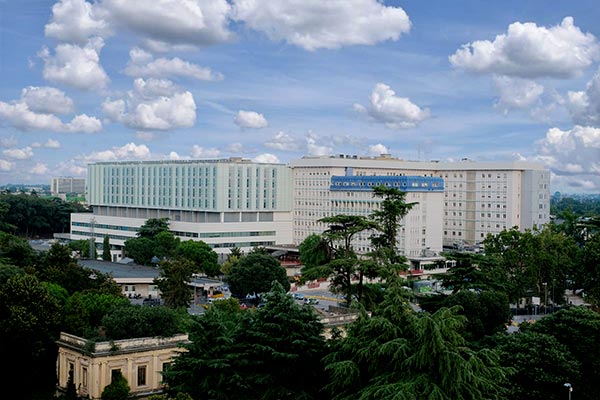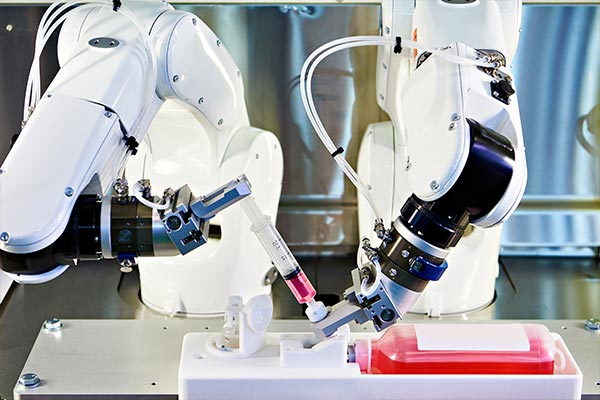- Dipartimento

Presentazione
Governance
Riferimenti
- Ricerca
- Didattica

Dottorati, Master e Formazione superiore
- Territorio e società

Informazioni per il territorio
Servizi per il territorio
Riferimenti
- Persone
- contatti
-





